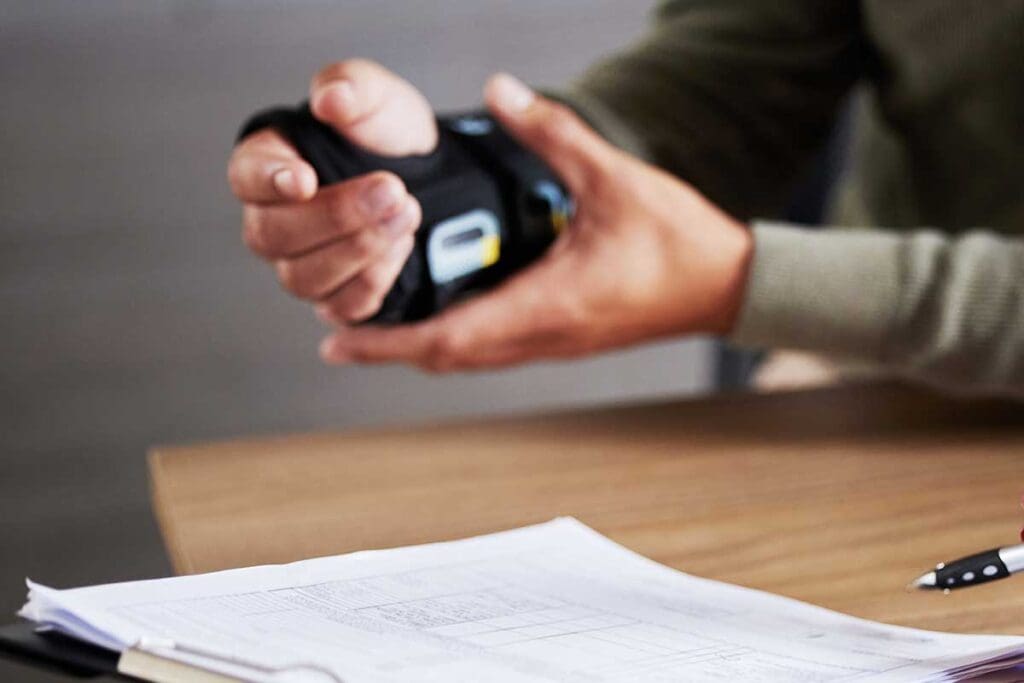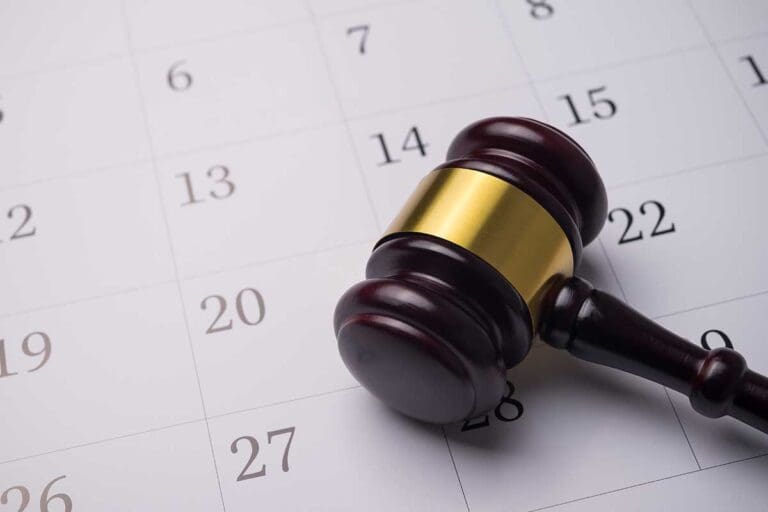Key Takeaways
The consultation is typically free and comes with no obligation.
You’ll share details about your accident, injuries, and damages.
The attorney will evaluate your case, explain your legal options, and outline next steps.
Bring important documents like medical records, police reports, and photos.
The consultation is also an opportunity to evaluate the attorney’s experience and communication style.
1. The Consultation is Free and Confidential
Most personal injury attorneys offer free consultations, so you don’t have to worry about upfront costs. Additionally, the meeting is entirely confidential, even if you decide not to hire the attorney.
- No Obligation: You’re not required to commit to the attorney after the consultation. It’s your opportunity to explore your options.
- Safe Space: You can share sensitive information about the accident, knowing it won’t be shared with anyone outside the legal team.
2. You’ll Discuss the Details of Your Accident
The attorney will ask questions to understand how the accident happened and what impact it has had on your life. Be prepared to provide the following information:
- Accident Details: Where, when, and how the accident occurred. Include specific facts like weather conditions or any hazards that played a role.
- Injuries Sustained: Describe the physical, emotional, and mental injuries caused by the accident.
- Medical Treatment: Share information about hospital visits, diagnoses, ongoing treatments, and future care plans.
- Impact on Daily Life: Explain how the injury has affected your ability to work, perform daily tasks, and enjoy life.
3. The Attorney Will Evaluate Your Case
Once you’ve shared the details, the attorney will assess the strength of your claim and discuss potential outcomes. This evaluation includes:
- Liability: Determining who was at fault for the accident.
- Damages: Assessing the extent of your medical expenses, lost wages, and non-economic damages like pain and suffering.
- Evidence: Reviewing available documentation, such as police reports, photos, witness statements, and medical records.
The attorney may also point out any challenges, such as unclear liability, missing evidence, or possible disputes from the at-fault party’s insurance company.
4. You’ll Learn About Your Legal Options
During the consultation, the attorney will explain your legal options and what steps you can take to move forward. These may include:
- Filing an Insurance Claim: The process for negotiating with the at-fault party’s insurance company.
- Pursuing a Personal Injury Lawsuit: Filing a lawsuit if the insurance company refuses to offer fair compensation.
- Settlement Expectations: What types of compensation you may be entitled to, such as medical expenses, lost wages, and pain and suffering.
The attorney will also explain the legal process, including the timeline, key milestones, and your role throughout the case.
5. Bring Documents to Support Your Claim
To make the most of your consultation, bring any documents that provide evidence of the accident and your injuries. These include:
- Accident Reports: Police reports or incident reports detailing what happened.
- Medical Records: Bills, diagnoses, treatment plans, and receipts for out-of-pocket expenses.
- Photos or Videos: Visual evidence of the accident scene, vehicle damage, or visible injuries.
- Insurance Information: Details about your insurance policy and any communications with insurers.
- Witness Information: Names and contact details for anyone who saw the accident.
Having these documents on hand allows the attorney to provide a more accurate evaluation of your case.
6. You’ll Learn About Fees and Costs
Personal injury attorneys typically work on a contingency fee basis, which means you don’t pay unless they win your case.
- The attorney will explain how the contingency fee works and what percentage of your settlement they will take.
- Ask about additional costs, such as court filing fees or expenses for expert witnesses, and clarify who pays for these if your case isn’t successful.
7. Ask Questions to Evaluate the Attorney
The consultation is also your opportunity to assess whether the attorney is the right fit for you. Here are key questions to ask:
- What experience do you have with cases like mine?
- What is your success rate in settling cases versus going to trial?
- How often will I receive updates about my case?
- Who will handle my case—will it be you or someone on your team?
- How long do you think my case will take?
Pay attention to the attorney’s communication style, professionalism, and willingness to answer your questions thoroughly.
8. Next Steps and Timeline
At the end of the consultation, the attorney will outline the next steps if you decide to move forward. This may include:
- Signing a representation agreement.
- Gathering additional evidence or records.
- Initiating contact with insurance companies or the at-fault party.
The attorney will also provide an estimated timeline for resolving your case, based on the complexity of your injuries and the legal process.
Conclusion
A personal injury consultation is a critical first step in your journey toward justice and compensation. It’s an opportunity to share your story, get expert advice on your options, and decide if the attorney is the right fit for your case.
By preparing in advance and asking the right questions, you’ll feel more confident about the process and better equipped to make informed decisions.







